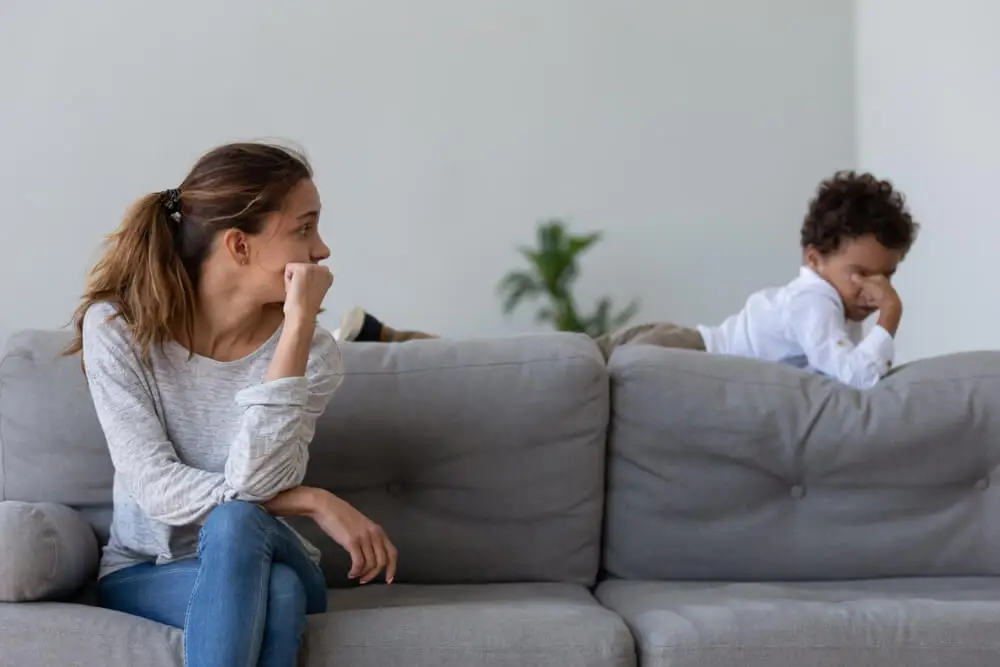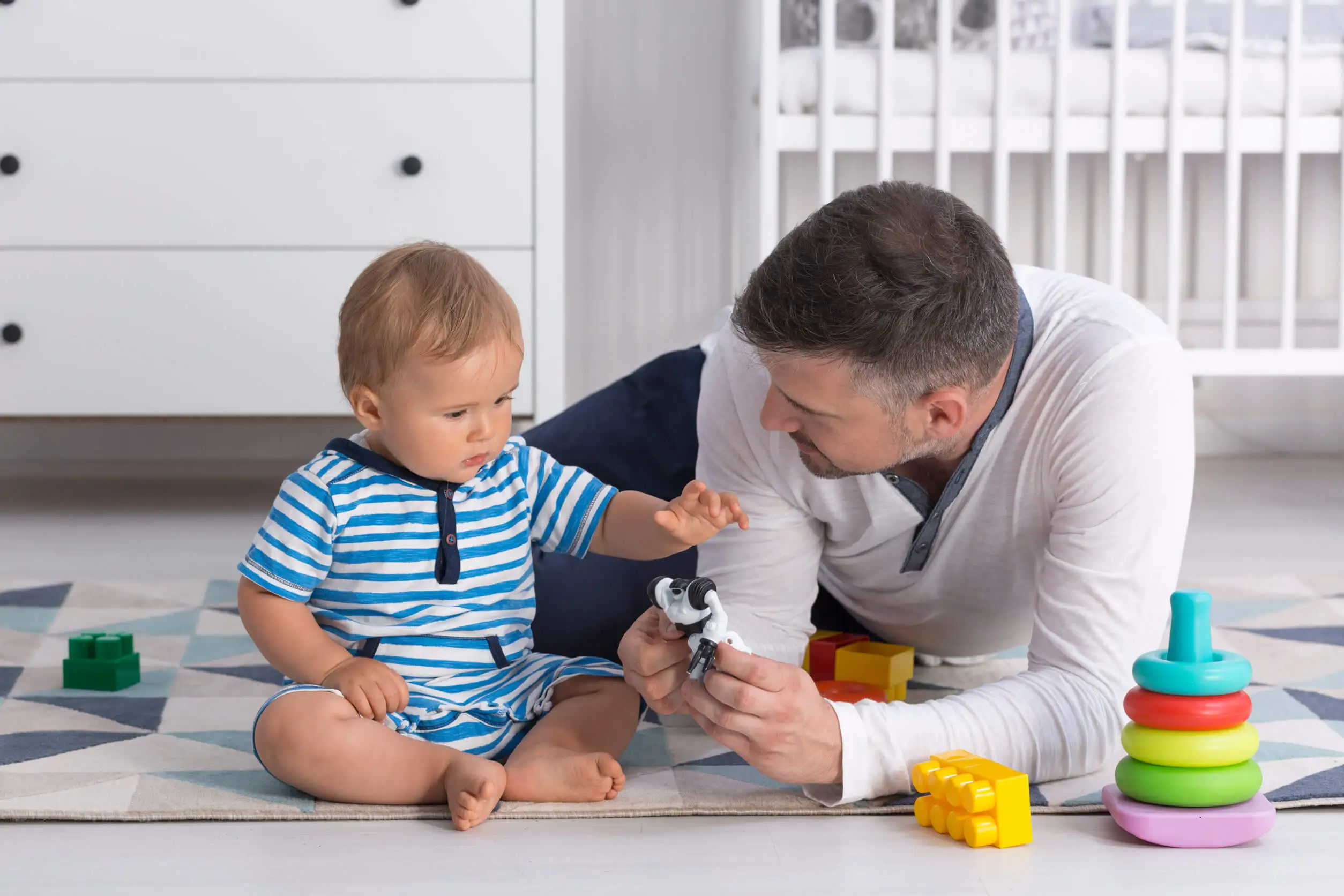What Are Parenting Classes and What Do You Learn There?


Reviewed and approved by the psychologist Elena Sanz
Parenting classes are areas where you can reflect on the education of children, based on the exchange of experiences and tips with other parents, educators, and experts from different areas. It’s also an environment to develop parenting skills.
As it’s often said, there’s no such thing as an “instruction manual” for parenting. The normal thing is to bring up your children based on the parenting guidelines you have received or the information you’ve been able to acquire. Parenting classes seek to enrich this process.
The family is the environment in which children are taught and where they learn to socialize. Their development will depend on what they receive at home. Parenting classes offer parents the opportunity to acquire knowledge and skills to teach children more effectively.
What are parenting classes?
Parenting classes have been created with the purpose of offering guidance and psychosocial and pedagogical support to parents. The purpose is to raise the quality of education offered to children.
This type of school began in the early twentieth century and became a movement. The general objective has always been to favor the development of parental skills and attitudes that favor healthy interpersonal relationships.
Likewise, parenting classes encourage the increase of assertive communication skills, so that it’s possible to establish an emotional connection with the children without invading their space. What parents find in these classes are the following:
- Training
- Activities associated with the child’s progress
- Teamwork to solve common difficulties
- A space for dialogue to exchange experiences
Discover more: The Most Common Parenting Mistakes
Importance of the initiative
Parents usually have an idea of how they should bring up children and adolescents. This is usually drawn from their own experience, from the opinions of other parents, or from information they have found out.
However, this is probably not enough. Therefore, parenting classes can help in the following ways:
- Acquiring healthy patterns for home life
- Finding new methods to transmit values and norms
- Identifying ways to overcome situations of need or social risk
- Acquiring information on aspects related to healthy parenting
- Finding support to solve difficulties associated with teaching children
- Learning from the experience of other parents in the management of daily situations
- Developing skills that help to strengthen the role of the family as a socializing agent
- Promoting the ability to identify inappropriate behavior, so that they can be prevented or modified

How do they work?
Parenting classes don’t have set patterns or methods that must be applied.
In general, they tend to be a place where teachers and experts from different areas provide information on specific topics, such as healthy parenting or family communication. From this, parents have the opportunity to resolve doubts or make known situations that concern them.
Parents receive feedback from professionals and other parents.
In the event that a specific problem arises that requires a solution, three steps are usually carried out:
- Understanding the situation. To do this, information is gathered and the context is analyzed as a whole.
- Recognizing the difficulties. It has to do with identifying the aspects or elements that are failing and causing the problem. Sometimes, the difficulty is associated with the management of emotions, other times, with communication gaps.
- Solving conflictive situations. This includes the development of criteria and strategies to solve difficulties in a democratic and constructive way, so that this promotes the psychosocial development of the child and the family.
You might also be interested in: The Rich Kid Syndrome Is the Result of Poor Parenting
Benefits of parenting classes
In parenting classes, parents become more aware of their role as educators of their children and adolescents. In these classes, they acquire elements to better understand the minors, according to the vital stage they’re in.
These environments also bring closer and integrate the work of the family and the classes. This allows more coherent work in terms of the development of children’s cognitive skills, as well as the whole teaching-learning process in general.
Thanks to this type of school, it’s possible to create learning communities, where not only the intellectual, but also the personal and moral education of children is addressed. The aim is for parents to contribute to the path towards becoming free, responsible adults capable of adopting constructive and reasonable attitudes.

A healthy initiative for families
Education is a very broad process that involves intellectual and psychosocial aspects. A school for parents enriches and facilitates this task, while enhancing the work of the main people involved: parents, teachers, and children.
These classes tend to promote greater well-being for families and better parenting results. This is reflected, among other aspects, in higher academic performance. It’s important to note that we aren’t dealing with a psychological clinic, but with an educational enhancer.
All cited sources were thoroughly reviewed by our team to ensure their quality, reliability, currency, and validity. The bibliography of this article was considered reliable and of academic or scientific accuracy.
- Castro, P. J. G. (2019). Capacidades parentales y marginación. Dominio Medios.
- González, R. C., & González, M. C. (2015). Escuela y familia. Dos pilares fundamentales para unas buenas prácticas de orientación educativa a través de las escuelas de padres. Revista electrónica interuniversitaria de formación del profesorado, 18(2), 15-27.
- Schultz, T. R., Schmidt, C. T., & Stichter, J. P. (2011). A review of parent education programs for parents of children with autism spectrum disorders. Focus on autism and other developmental disabilities, 26(2), 96-104.
This text is provided for informational purposes only and does not replace consultation with a professional. If in doubt, consult your specialist.








